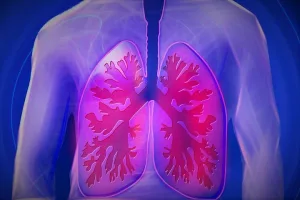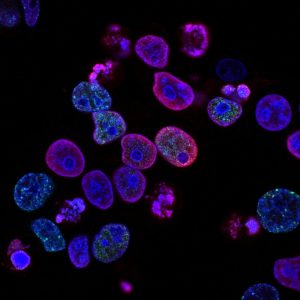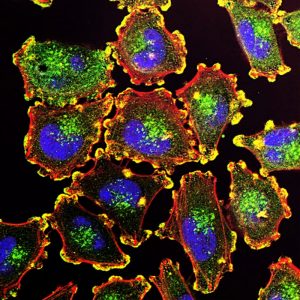Long Covid, HIT or MCAS?
Long Covid
Many people are presenting to medical professionals with a list of unexplained symptoms & those with Long Covid symptoms are presenting with similar complaints to those who have HIT or MCAS.
“Covid 19 hyperinflammation is consistent with mast-cell driven inflammation” – Dr Tina Peers, UK.
https://www.drtinapeers.com/

Symptoms
- Fatigue
- Shortness of Breath
- Chest pain
- Brian Fog
- Insomnia
- Palpitation, dizziness, Pins & needles
- Joint pain
- Anxiety
- Tinnitus
- Stomach pain, diarrhoea, loss of appetite
HIT / MCAS
Those who suffer with symptoms of HIT / MCAS are usually labelled with ME, Fibromyalgia, IBS, POTS, ED, Reflux, Food Intolerances, Asthma, Eczema, Migraine, Panic Attacks & so on.
Testing usually shows up no abnormalities & hence people are left untreated. Symptoms are usually caused by inflammation and triggered by sever infection such as coronavirus, chickenpox, food poisoning, Lyme disease, Ebstein Barr virus.

Histamine Intolerance
(HIT)
Histamine is a chemical released to aid stomach digestion & is part of the immunes system response to injury or allergic reactions.
Intolerance occurs when the body can not break down enough of the histamine in the intestine resulting in a rise of histamine levels in the blood.
This tends to occur when we have low levels of diamine oxidase (DAO), the enyme which breaks down digested histamine.
It is often misdiagnosed as a food allergy or gastrointestinal disorder.
Several factors can interfere with the body breaking down histamine such as antibiotics, antidepressants, antiarrhythmics, antihypertensive, muscle relaxants, local anesthetics, aspirin, diclofenac, ibuprofen.
Symptoms
- Bloating
- Abdominal Pain
- Diarrhoea
- Nausea
- Flushing
- Congested nose, itchy eyes
- Dizziness
- Palpitations
- Low Blood Pressure
Diet
Most foods contain some level of histamine, those with higher levels;
- Alcohol
- Spinach
- Aged Cheese
- Ketchup
- Vinegar
- Smoked products such as ham or salmon
- Fermented foods such as sauerkraut
- Foods which trigger histamine release;
- Cocoa, chocolate
- Egg Whites
- Tomatoes
- Fish
- Peanuts
Mast Cell Activation Syndrome
(MCAS)
Low histamine foods are recommended and sources of specific vitamins and minerals.
Caused by abnormal mast cells or abnormal release of chemicals contained within the cells.
Mast cells belong to our immune system, forming part of the bone marrow and blood vessels around the body.
When we are exposed to stress or danger these mast cells release substances (mediators) which cause inflammation thereby helping the body to heal from injury / infection. The same type of reaction which occurs with an allergic reaction, for eg if your allergic to pollen, your mast cells release a mediator called histamine to get rid of the pollen. With MCAS your cells release meditators frequently and often thus causing your symptoms.
Symptoms
Flushing
- Fatigue
- Cognitive Dysfunction
- Irritated eyes/nose/throat/mouth
- Allergic-type issues
- Palpitations
- Dyspnoea
- Abdominal pain, nausea, reflux, diarrhoea alternating with constipation
- Interstitial cystitis, vulvovaginitis, menorrhagia, dysmenorrhea
- Fibromyalgia-type pain, joint hypermobility, benign growth anomalies
- Headache, sensory neuropathy, dysautonomia (e.g. orthostatic hypotension, blood pressure and heart rate lability, thermal dysregulation)
- Anxiety & mood disorders
- Assortment of metabolic/endocrinology issues
What To Do
Seek support – Keep a diary of your symptoms & triggers & seek support through a Nutritional Therapist / Healthcare Professional .
Be informed – listen to others, but remember every individual is different. Record all symptoms & possible triggers so you can understand your imbalances.
Be educated – look at the research shared through support groups, professionals, friends or family and use this to inform your choice of treatments when meeting specialists.

Conclusion
Balance and support your digestive and immune systems to promote hormonal health.
If you have any questions, concerns or would just like further information about how your immunity could be causing you discomfort, don’t hesitate to reach out and get in touch with us here at Health 4 U. Or you can book an appointment with Sinead through our online booking platform, and together we will help you understand and take control of your hormonal health.




